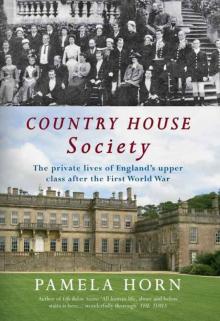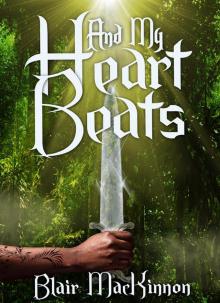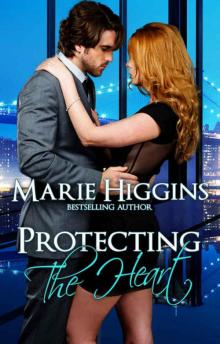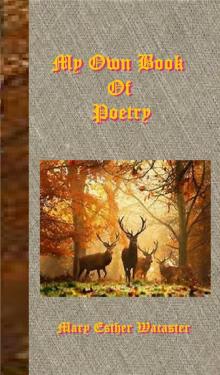Country House Society


Author: Pamela Horn
Category: Other
Published: 2013
Series:
View: 281
Read OnlineWhen the cataclysm of the First World War impacted on British society,
it particularly affected the landed classes, with their long military
tradition. Country houses, as in a variety of popular TV dramas, were
turned into military hospitals and convalescent homes, while many of the
menfolk were killed or badly injured in the hostilities.When
the war ended efforts were made to return to the prewar world. Pleasure
seeking in nightclubs, sporting events and country-house weekends became
the order of the day. Many of the old former rituals such as
presentation at Court for debutantes and royal garden parties were
revived. Yet, overshadowing all were the economic pressures of the
decade as increased taxation, death duties and declining farm rentals
reduced landed incomes. Some owners sold their mansions or some land to
newly enriched businessmen who had prospered as a result of the war.
Others turned to city directorships to make ends meet or, in the case of
the women, ran dress shops and other small businesses.The 1920s
proved a decade of flux for High Society, with the lighthearted dances,
treasure hunts and sexual permissiveness of the ‘Bright Young People’
contrasting with the financial anxieties and problems faced by their
parents’ generation. Pamela Horn draws on the letters and diaries of
iconic figures of the period, such as Nancy Mitford and Barbara
Cartland, to give an insight into this new postwar era.
it particularly affected the landed classes, with their long military
tradition. Country houses, as in a variety of popular TV dramas, were
turned into military hospitals and convalescent homes, while many of the
menfolk were killed or badly injured in the hostilities.When
the war ended efforts were made to return to the prewar world. Pleasure
seeking in nightclubs, sporting events and country-house weekends became
the order of the day. Many of the old former rituals such as
presentation at Court for debutantes and royal garden parties were
revived. Yet, overshadowing all were the economic pressures of the
decade as increased taxation, death duties and declining farm rentals
reduced landed incomes. Some owners sold their mansions or some land to
newly enriched businessmen who had prospered as a result of the war.
Others turned to city directorships to make ends meet or, in the case of
the women, ran dress shops and other small businesses.The 1920s
proved a decade of flux for High Society, with the lighthearted dances,
treasure hunts and sexual permissiveness of the ‘Bright Young People’
contrasting with the financial anxieties and problems faced by their
parents’ generation. Pamela Horn draws on the letters and diaries of
iconic figures of the period, such as Nancy Mitford and Barbara
Cartland, to give an insight into this new postwar era.
 And My Heart Beats
And My Heart Beats The Boyfriend Experience
The Boyfriend Experience Fake Marriage to Her Office Crush
Fake Marriage to Her Office Crush Protecting The Heart
Protecting The Heart Axel: Single Daddy Shifters #1
Axel: Single Daddy Shifters #1 Fluid
Fluid The Jack Rogan Mysteries BoxSet
The Jack Rogan Mysteries BoxSet My Own Book of Poetry, Volume 1
My Own Book of Poetry, Volume 1